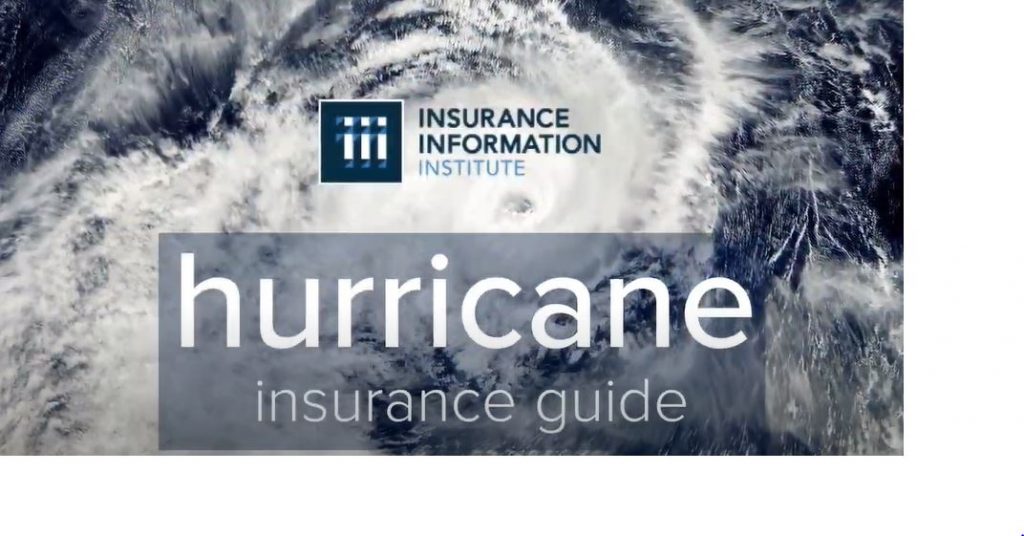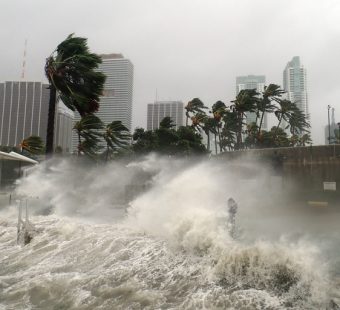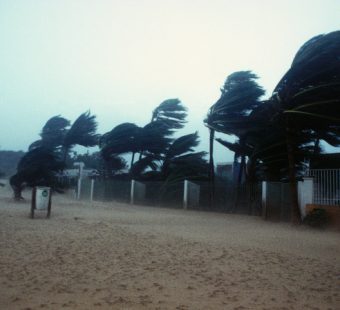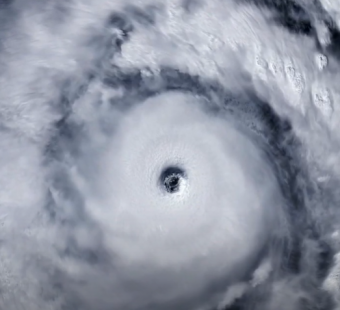
National Hurricane Preparedness Week 2020
The start of what may be an “above-normal” 2020 Atlantic hurricane season is a month away and homeowners, renters, and business owners are advised to prepare now.
“As much as we are living today with the unimaginable impact of COVID-19, we must remind residents along the Atlantic and Gulf coasts to remember it takes only one hurricane or tropical storm to ravage communities and to shatter lives,” said Triple-I CEO Sean Kevelighan. “During National Hurricane Preparedness Week (May 3-9), we encourage residents to take a moment to ensure you have adequate financial protection for your property and possessions while also taking steps to make your home or business is more resilient to wind and water. Since we are all needing to stay home more, it’s even more important to make ourselves more resilient to natural catastrophes like hurricanes.”
The Atlantic hurricane season begins on June 1 and continues through Nov. 30.
Review your insurance coverage
Make sure you have the right type – and amount – of property insurance. The Triple-I recommends you conduct an annual insurance review of your policy(ies) with your insurance professional.
Standard homeowners insurance covers the structure of your house for disasters such as hurricanes and windstorms, along with a host of other disasters. It is important to understand the elements that might affect your insurance payout after a hurricane and adjust your policies accordingly.
At the very least, review the declarations page of your policy. This one-page information sheet offers details on how much coverage you have, your deductibles and insights into how a claim will be paid.
“You should ask your insurance professional if you have the right amount of insurance coverage to rebuild or repair your home, to replace its contents, and to cover temporary living expenses if your property is uninhabitable,” Kevelighan said. “You should also ask about flood insurance, which is separate and additional to traditional homeowners and small business insurance. Ninety percent of natural disasters involve flooding.”
Flood insurance, which is a separate policy from your property coverage, is offered through FEMA’s National Flood Insurance Program (NFIP) and several private insurers.
Another common exclusion from a standard homeowners policy is sewer backup (also not covered by flood insurance). Backed up sewers can cause thousands of dollars of damage to floors, electrical systems, walls, furniture and other belongings. Sewer backup insurance is especially beneficial in hurricane-prone areas.
Protect your vehicles
Comprehensive auto, which is an optional coverage, protects your vehicle against theft and damage caused by an incident other than a collision, including fire, flood, vandalism, hail, falling rocks or trees, and other hazards.
Make sure your possessions are adequately protected
Imagine the cost of repurchasing all your furniture, clothing and other personal possessions after a hurricane. Whether you have homeowners insurance or renters insurance, your policy provides protection against loss or damage due to a hurricane.
Creating an inventory of your belongings and their value will make it easy to see if you are sufficiently insured for either replacement cost or cash value of the items. When you create a photo or video catalog of your home’s possessions, it will also help expedite the insurance claims process if you sustain damage from a storm.
Make your property more resilient
Invest in items that will harden your property against wind damage, such as a wind-rated garage door and storm shutters. The Triple-I also recommends you have your roof inspected annually by a licensed and bonded contractor to make sure it will hold up to high winds and torrential rains.
Other hurricane season preparation tips from the Triple-I include:
- Preparing a hurricane emergency kit with a minimum two-week supply of essential items such as non-perishable food, drinking water and medications for every family member.
- Creating an evacuation plan well before the first storm warnings are issued.
Related links
Facts and Statistics: Hurricanes
Hurricane Season Insurance Guide
How to Prepare for Hurricane Season
What to do When a Hurricane Threatens
Video: Create a Home Inventory



